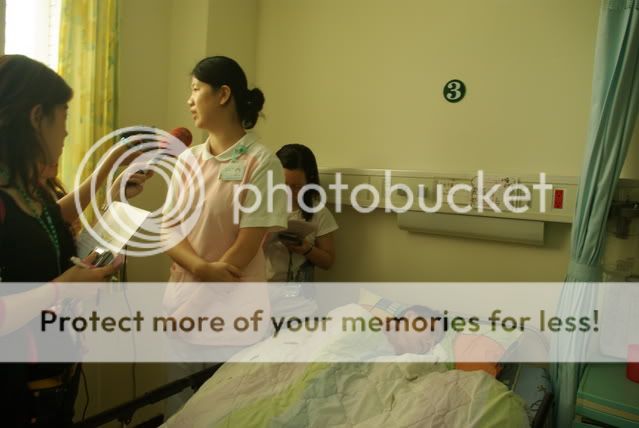kombizz kashani
New member

When the trip of this "material life" is going to end, are we ready to let it go to another stage ??
I just wonder?
Scarey, isn't it !!


When the trip of this "material life" is going to end, are we ready to let it go to another stage ??
I just wonder?
Scarey, isn't it !!
When we come toward the end of our journey here, and hopefully it will have been long and fruitful, full of love and giving, we then can return to the helpless state we entered this world with. And hopefully too with a family around us who cherished and cared for us in our limited ability as it was when we were infants.
It's a fine line we have to draw. Surely it would be just as unjust for those people to be treated as invisible. I have to admit I'm conflicted on this, I see your point and Asher's point about dignity, but I also think that the darker side of life should be documented (and not always as the kind of Dorothea Langue "migrant mother" issue shots). It can be a powerful and not necessarily dignity-stripping photograph to show that even in Santa Monica, among the pierside restaurants, poverty exists.Although there were many things I could have shot, my eyes kept "seeing" some of the well known Santa Monica Street people. I put my camera away. For no other reason but I just felt that to shoot the photos of what I was seeing would somehow take away the dignity of the people I would be capturing.

Thanks, Asher,
I have to say I was really astonished by the level of access we got on the tour as far as photography was concerned. The hospital was careful to obtain the permission of all the patients who are capable of giving it, but obviously the woman in the picture was not. They asked us not to take pictures where she is the only subject in the shot in her case. I have a feeling privacy laws are not as tight here in Taiwan as, say, in the states.
